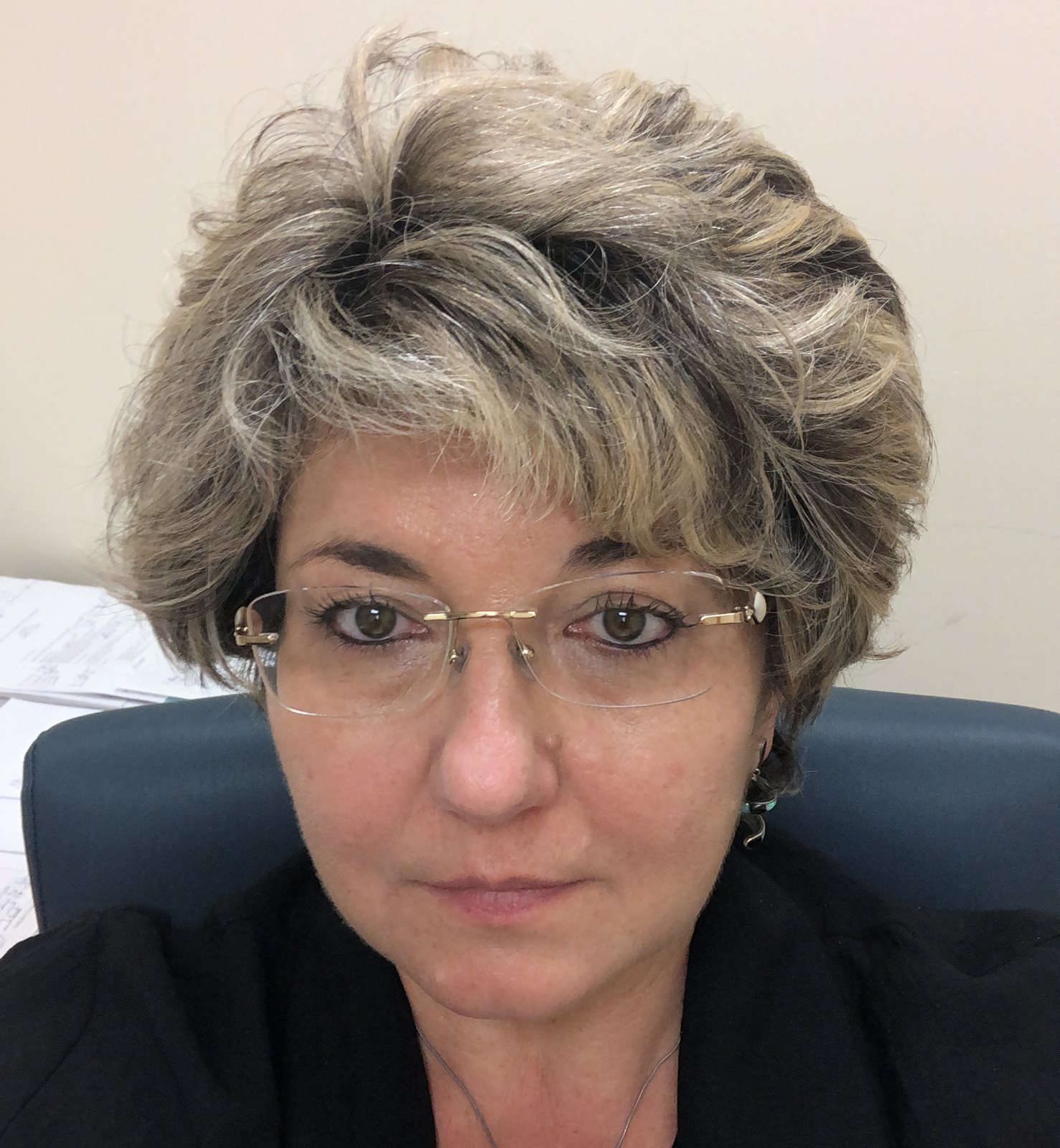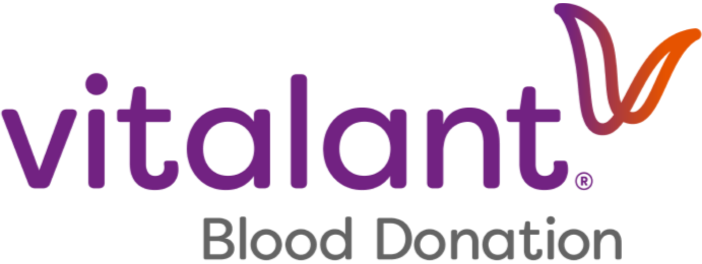Diverse Donations
Vitalant is committed to diversity, equity and inclusion in all aspects of our mission.
Vitalant is committed to diversity, equity and inclusion in all aspects of our mission.

Having a blood supply that reflects the diversity of our population is absolutely imperative to meeting the blood transfusion needs of all patients. Each blood type uniquely matches with certain other blood types, meaning all blood types are always needed.

Rare blood types are often found in similar ethnic populations and are a matter of life and death for people with chronic diseases like sickle cell and beta thalassemia. These diseases are inherited, and people afflicted with them often needed frequent and ongoing blood transfusions. Since blood type also is inherited, the best blood donor match is usually someone from the same race. That’s why we need to increase the number of blood donors, especially from minority populations.
Donors of all ages are important, as well. Younger donors and first-time donors are continually needed to replace those who can no longer donate. Thanks to recent changes in FDA criteria, people previously deferred due to their sexual orientation or European residency are now able to donate if they meet other eligibility requirements.
When twins Joshua and Jordan were born, their standard newborn screening blood tests showed devastating news: Both boys had the most severe form of sickle cell disease.
They relied on blood transfusions about every two months for years until they were able to receive bone marrow transplants. Both are now cured of sickle cell. “I don’t think that most people realize how important it is for minorities to become regular blood donors,” said their mom, Kristine. “The closer the match is for the patient, the lower the risk for reactions and long-term complications. I’m just grateful for the blood donors who saved my sons’ lives over and over.”

.jpg)
For Brooke, Denver area communications manager at Vitalant, our mission is personal. She was born with a rare blood disorder called beta thalassemia. Her body doesn’t make red blood cells properly, so she doesn’t get the oxygen required to function normally. As a result, she needs blood transfusions monthly in order to survive.
“I’ve received more than 250 units of blood throughout my lifetime, and I am so grateful for all of Vitalant’s incredible blood donors who volunteer their time to help patients who depend on regular blood transfusions. Without blood donors, I wouldn’t be here today.”
Malia almost died after suffering a rare complication during the birth of her son, Edwin. She needed a "mass transfusion protocol" to save her life and received 30 units of blood. Malia and her husband have vowed to pay their good fortune forward by donating blood regularly and doing what they can to spread the word about blood donation.
“I am always willing to help the cause that saved my life! I will never be able to pay back the debt that I owe,” she said.
.jpg)

You can help support our efforts to diversify the blood supply and save lives not only by donating blood but also by donating funds or being an advocate for blood donation. Explore the variety of ways you can support hospital patients with Vitalant.
Diversifying our donor base will help with establishing a more equitable health care by providing better matched blood for transfusions. Even if all blood is red, we need it to come from donors of all colors!

Mona Papari
Senior Chief Medical Officer at Vitalant
We use cookies to enhance your experience on our website. By using our site you consent to cookies. More information can be found on our privacy policy page.
You can use any donate button on our site (including the one below) to find locations to donate near you.
